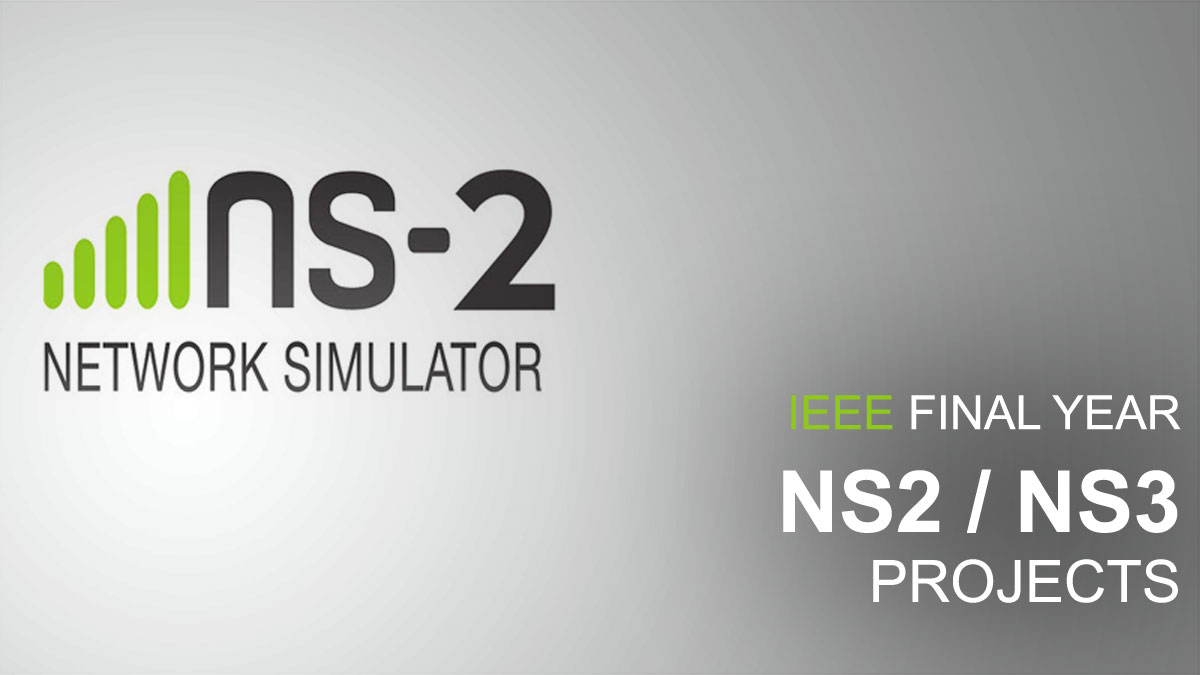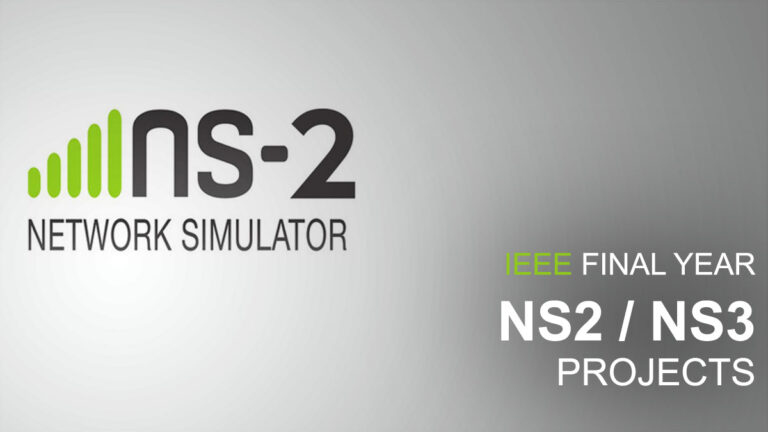
Abstract:
Streamflow data collection and river location distribution require reliability and frequency improvements. Data ownership measures reliability. The data provider is responsible for incorrect data-driven decisions.
Consensus-based crowdsourcing data generate aggregated streamflow records. River streamflow data is stored on a Hyperledger fabric-based streamflow ledger. IPFS, however, is useful for policy document and distribution scheme storage. Blockchain-based data-intensive decision support system improvement.
Distributed gauging officials measure and share river streamflow data on the blockchain-based distributed storage system, which improves data scalability, transparency, availability, and accessibility. All stakeholders need trustworthy, linked, and immutable data.
This resolves streamflow optimization and flood mitigation disagreements. In summary, blockchain technology with IPFS for off-chain large file storage would benefit irrigation systems and flood mitigation twice.
Software agents and stakeholders agree on streamflow data aggregation. Second, IPFS-based content addressed file-sharing protocol is used to share the persistent data copy with distributed stakeholders to create a common operating picture for irrigation system and flood mitigation managers.
Keywords: Stakeholders, Monitoring, Rivers, Blockchains, Irrigation, Wireless Sensor Networks, Floods, Data Acquisition, Data Integrity, Decision Support Systems, Floods, Geophysics Computing, Irrigation, Optimisation, Peer-To-Peer Computing, Protocols, Rivers, Software Agents, Storage Management
Note: Please discuss with our team before submitting this abstract to the college. This Abstract or Synopsis varies based on student project requirements.
Did you like this final year project?
To download this project Code with thesis report and project training... Click Here
